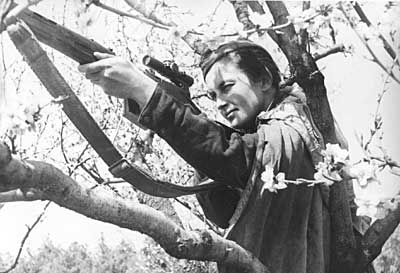I was riveted by the final episode of Battlestar Galactica, right up to the point that the Galactica came out of her last jump and moved past the Moon over to Earth. Our Earth, not the Earth of the Thirteenth Colony. After that? Ecch!
It has been clear all along that the show had an undercurrent of divine intervention. But this was a little much for me. I understood that the Six inside Baltar's head and the Baltar inside Caprica Six's head were angels. Starbuck as an angel, though, seemed a bit much. So did the idea that all 38,000 Colonials and skin-job Cylons would willingly abandon all technology and become Stone-Age farmers and hunter-gatherers on a planet that has small groups of human hunter-gatherers, who are genetically-compatible with the Colonials/Cylons.
I guess the point that within a year or two, 95% of those people will have probably starved to death didn't make it into the cheeriness of the final episode.
It just doesn't sit right with me. Battlestar Galactica has spent just over five years (the miniseries aired in December, 2003) as one of the darkest SF shows around. It began with a surprise attack on the Twelve Colonies that killed tens of billions of people; from there it explored themes of hard-edged survival, occupation, resistance, medical experiments on people, torture, suicide bombings, rigged elections, and so on and so forth. The last hour of the show felt as though a pack of writers from Star Trek had parachuted into the show to bring light and love to the ending.
Compared to the darkness that permeated the show (miniseries, Razor and 73 episodes), the last episode was like dragging the needle arm across a record. So we have the hand of the Almighty bumping a dead Raptor to nuke the Cylon colony (presumably wiping out most of the remaining ones, fours, fives and eights) and making resurrection impossible for them and, in another bit of divine intervention, angel-Kara enters the numbers she derived from the Cylon-Song, which were the coordinates for our planet, into the jump computer. Plus, the idea that, after all that had gone on before, John Cavil ate his gun was a bit unbelievable.
And, of course, the Dying Leader Knew the Truth of the Opera House. Not to mention that Hera Agathon is the "Mitochondria Eve," the Great(x 7,500) Grandmother of us all.
Look, I expected the Colonials to find a habitable planet. But dropping onto our world 150,000 years ago, agreeing to abandon all technology, and acting as the spark to take humans on this planet from loose tribes of non-speaking hunter-gatherers to eventual civilization is a bit too much for me to swallow. In essence, the Colonials are acting as the Black Rectangular Stone from "2001, a Space Odyssey".
I expected the last hour to, well, be in tune with the rest of the show and not be so frakking cheery. I will probably watch the last three hours again to see if I still feel this way.
For now, color me "disappointed."

